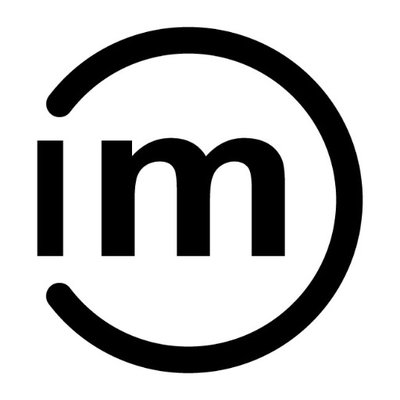In 2002, Google embarked on the most ambitious project in the history of educational technology. Google aimed to scan and digitalize bulk of the world’s books.
In 2008, Google books went into partnership with HathiTrust Digital Library. It is an online database which provides large-scale access to scholarly books without infringing copyrights. It contains more than 15.7 million books in its database, mostly from Google’s scanning. Scholars can also tap into the database and conduct a computational analysis without breaching copyrights.
The public access to this behemoth database was hampered by the case action lawsuit by Authors Guild in 2011. However, in 2012 the court ruled against Authors Guild, but the dream of easy and total access was not quite achieved.
References:
Howard, J. (2017, August 15). What Happened to Google’s Effort to Scan Millions of University Library Books? – EdSurge News. Retrieved September 26, 2017, from https://www.edsurge.com/news/2017-08-10-what-happened-to-google-s-effort-to-scan-millions-of-university-library-books


I agree with the importance of the question raised in this blog entry (as well as many academics also agree): the “free” ride offered by Google through scanning the books can end at any moment. The agreement for academic libraries to open their repositories to Google may be prove to be a constraining decision in a long run.
Academic libraries must work diligently toward restoring the balance. Their strive to build open repositories is a well calculated move to restore that balance.
Here is an interesting report related to the questions raised in this blog entry and namely the “appetites” of the social media behemoths to control information:
LAURA SYDELL. (2017). Facebook, Google Spread Misinformation About Las Vegas Shooting. What Went Wrong? : All Tech Considered : NPR. Retrieved October 4, 2017, from http://www.npr.org/sections/alltechconsidered/2017/10/03/555320532/facebook-google-spread-misinformation-about-las-vegas-shooting-what-went-wrong
the veracity of the social media algorithms has been brought into question numerous times in the last year.
Starting with the prominent controversy between the Facebook and Twitter algorithm response after Ferguson, questions keep piling today. Here is more on this issue
http://blog.stcloudstate.edu/ims?s=algorithm+
What is your understanding of the semantic Web (Web 3.0)? How do you see AI (artificial intelligence) resolving these issues?